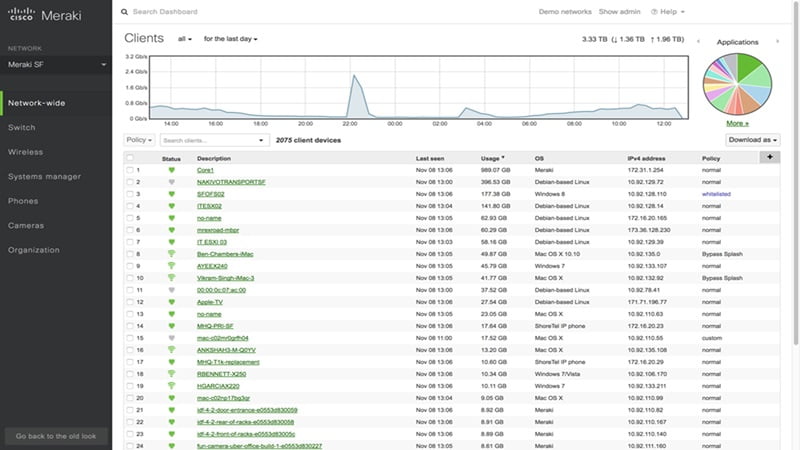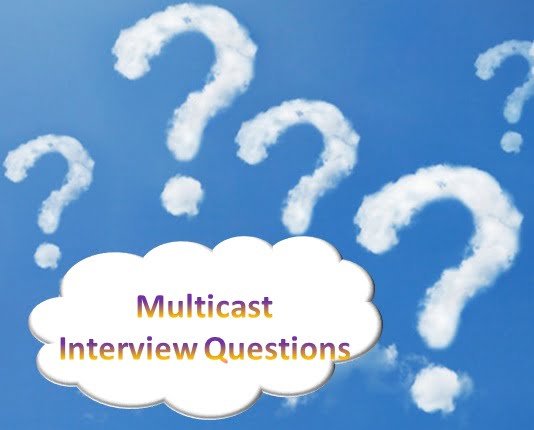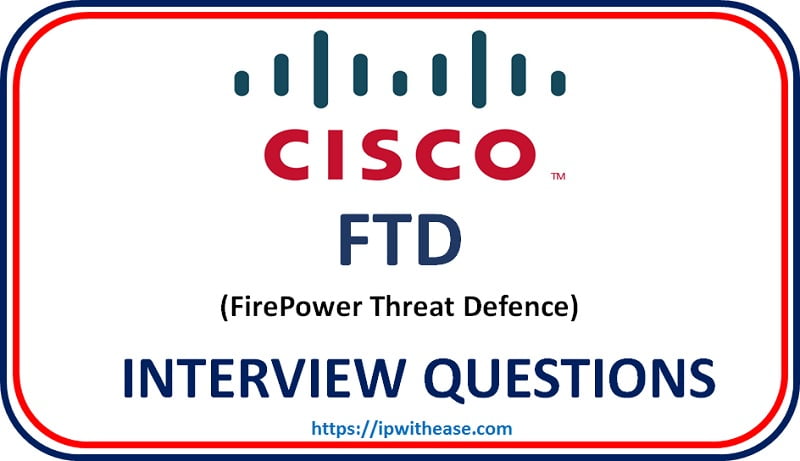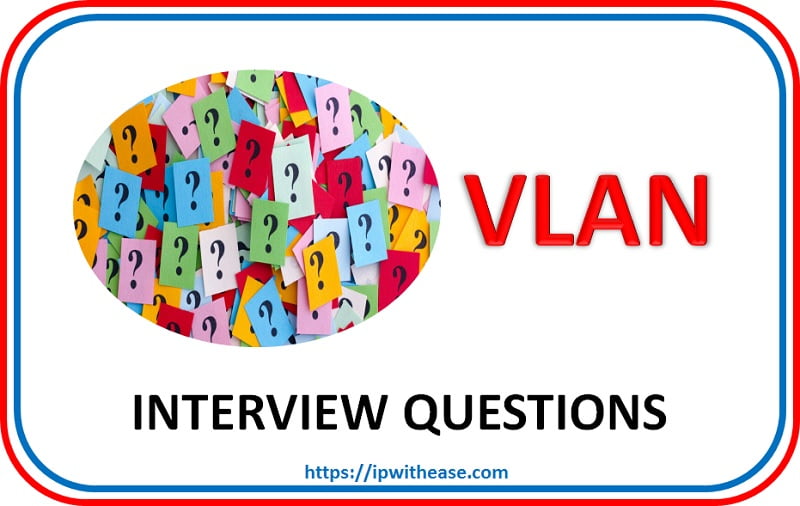Table of Contents
Cisco Meraki is a cloud-managed IT company that provides networking solutions for businesses. It offers a range of products, including wireless access points, switches, security appliances, and mobile device management software, all managed through a centralized cloud-based dashboard.
Meraki’s solutions are popular among organizations of all sizes, from small businesses to large enterprises, as well as in various sectors such as education, healthcare, retail, and hospitality. Cisco Meraki’s products are known for their reliability, security, and scalability, making them a popular choice for businesses looking for efficient and manageable networking solutions.
Commonly asked Cisco Meraki Interview Questions
Let’s discuss some of the commonly asked Cisco Meraki Interview Questions.
Read or watch the video.
Q.1 Describe the process of creating and configuring an organization on Cisco Meraki?
Creating and setting up an organization on Cisco Meraki is a straightforward process. The initial step involves registering for an account on the Cisco Meraki website. After completing this step, you gain the ability to establish your own organization. It is necessary to assign a name to your organization before proceeding to add devices to it. To configure your organization, you will need to define networking, security, and various other parameters.
Q.2 Are there any particular licensing prerequisites for Cisco Meraki?
Cisco Meraki mandates a license for every device linked to the network. While there is no restriction on the number of devices that can be connected, each device must possess its individual license.
Q.3 What are a few instances of the categories of solutions that Cisco Meraki can be employed for?
Cisco Meraki has a wide range of applications, encompassing network management, security, SD-WAN, and more. It offers versatile solutions for various needs.
Related: How to set up Meraki SD WAN?
Q.4 What is the utilization of cloud architecture by Cisco Meraki?
Cisco Meraki utilizes a cloud-centric framework, enabling the remote management of its devices and networks. This framework also offers effortless scalability and adaptability, while delivering users with immediate insights and analytics.
Q.5 What are the main features of Cisco Meraki’s cloud-based networking solutions?
Cisco Meraki provides centralized management through their cloud-managed networking solutions, enabling administrators to control their network from a single dashboard. The architecture is cloud-based, eliminating the necessity for on-site hardware. Additionally, it incorporates security capabilities such as firewall and intrusion prevention, which not only streamline network management but also bolster security measures.

Q.6 Could you please clarify the meaning of a dashboard within the framework of Cisco Meraki?
A Cisco Meraki dashboard is an online interface that enables users to set up and oversee their Cisco Meraki devices and networks. This dashboard offers a centralized and user-friendly platform for managing every aspect of a Cisco Meraki deployment, starting from the initial configuration to continuous monitoring and problem-solving.
Q.7 Which section of the Dashboard should you navigate to in order to set up layer 7 firewall rules that block traffic for particular applications?
Security & SD-WAN > Configure > Firewall
Wireless > Configure > Firewall & traffic shaping
Network-wide > Configure > Group policy
Q.8 How can API be activated through the dashboard?
API Access can be enabled in:
Organization > Configure > Settings
Q.9 And where can you review the Video Access log for MV cameras on the dashboard?
To review Video access log on the Meraki dashboard:
Cameras > Monitor > Video Access > Video Access log
Q.10 Can we configure multiple wireless networks using Cisco Meraki? If yes, then how?
Yes, we can configure multiple wireless networks using Cisco Meraki. This can be done by:
1. Creating multiple SSIDs
2. Assigning each SSID to a different VLAN
Q.11 Is Cisco Meraki secure? Can you explain the security measures it provides?
It provides a range of security measures to keep networks safe, like
1. firewalls
2. intrusion detection and prevention
3. VPNs
Additional security features offered includes:
4. ability to create custom security policies
5. user and device access control lists set up
6. network activity monitoring
Q.12 What are the differences between Cisco Meraki MX and MS series devices?
MX series consists of security appliances that are designed for threat prevention & secure internet access; and are used at branch office level.
MS series switches focus on enhancing network connectivity and are used in the network’s core for the efficient management of the traffic.
Q.13 Which of the MX type has the highest priority?
Client VPN is high on the priority list.
Q.14 What is Cisco Meraki Auto RF feature?
The Auto RF feature optimizes the performance of wireless networks. It monitors the radio frequency environment and adjusts the channel and power settings on Meraki access points automatically.
Thus, it’s an important feature to minimize interference and maximizing coverage. It also ensures a stable Wi-Fi network.
Q.15 Cisco Meraki is known to ensure high availability and redundancy in its cloud-managed solutions. Can you explain, how?
It happens through geographically distributed data centers. The Critical components, like: power, connectivity, and hardware, are redundant.
The automatic failover of the network design ensures that if one component or data center experiences an issue, traffic seamlessly shifts to provide the uninterrupted service to the customers.
Watch Related Video
Continue Reading
APIPA Interview Questions & Answers
Top 100 Cisco SD WAN (Viptela) Interview Questions
ABOUT THE AUTHOR

You can learn more about her on her linkedin profile – Rashmi Bhardwaj



